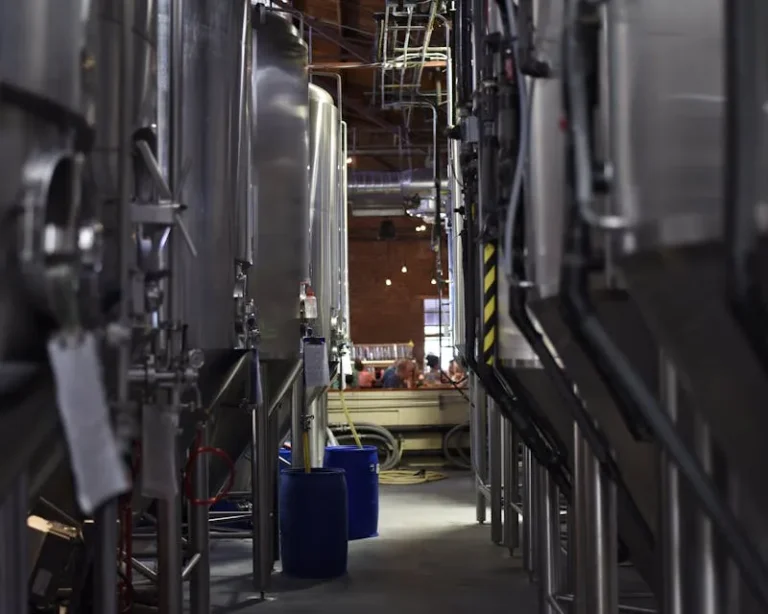
At New York Climate Week, Mercedes-Benz and Hydro have deepened their strategic partnership by advancing the vertical integration of their aluminum supply chain and launching the Corridor Program, aimed at fostering sustainable development in the Amazon. This initiative, in line with their joint decarbonization roadmap, follows a Memorandum of Understanding (MoU) signed by both companies to collaborate with local NGOs and partners in Pará, Brazil. The program’s goals include promoting human rights, supporting local economies, enhancing biodiversity, and establishing low-carbon value chains.
Dr. Gunnar Güthenke, Head of Procurement and Supplier Quality at Mercedes-Benz Cars, emphasized the program’s alignment with the company’s goals: decarbonizing products, promoting human rights, and ensuring sustainability across the vehicle lifecycle. “The Corridor Program connects all three. Working closely with our partners, it has the potential to elevate our supply chain’s vertical integration,” said Güthenke.
The Corridor coalition focuses on creating positive impacts along a 244-kilometer bauxite slurry pipeline operated by Hydro in Pará, which connects the Paragominas bauxite mine to the Alunorte alumina refinery. The initiative seeks to empower local communities along this aluminum supply chain by enhancing their economic, ecological, and social well-being. Mercedes-Benz is involved in the program’s governance, helping establish sustainable risk management in the raw material supply chain.
This program supports Mercedes-Benz’s “Just Transition” strategy, which prioritizes human rights and responsible practices as the company shifts towards decarbonization. Renata Jungo Brüngger, Mercedes-Benz Group AG’s Board Member for Integrity, Governance, and Sustainability, highlighted the program’s potential to serve as a model for responsible sourcing, noting that “decarbonization and social considerations can go hand in hand.”
Eivind Kallevik, President and CEO of Hydro, expressed excitement about expanding the partnership with Mercedes-Benz to generate both social and environmental benefits in the Amazon. “We aim to lift sustainability throughout our shared value chain, from mining to consumer products, while supporting biodiversity and economic growth in the local communities,” Kallevik added.
The Corridor Program is designed for long-term value creation through a community-driven approach. Local residents along the pipeline will identify and prioritize projects, ensuring they benefit directly from the initiative. Current projects, like expanding local farming (Tipitix) and sewing initiatives (Estilo), are already underway. Data-driven governance will track the program’s impact to ensure it meets its goals for the local population.
The initiative will focus on three main pillars:
- Economic Development: Addressing barriers to economic growth and improving conditions for raw material value chains in the region.
- Social Development: Enhancing well-being and opportunities in communities, particularly in rural areas, through initiatives like the ongoing TerPaz program.
- Environmental Conservation: Protecting biodiversity in the Amazon by identifying opportunities to reduce deforestation and contribute to ecosystem regeneration.
Projects will adhere to Brazilian laws and regulations, with implementation led by a multi-institutional project organization. Partners include Hydro Brazil, Alunorte, MPSA, Mercedes-Benz, IPAM, IMAZON, CEA, Hydro Sustainability Fund, and BCG.







